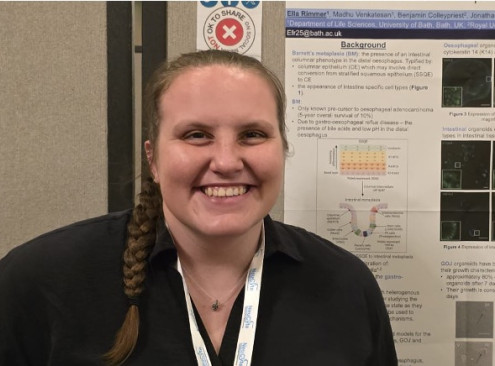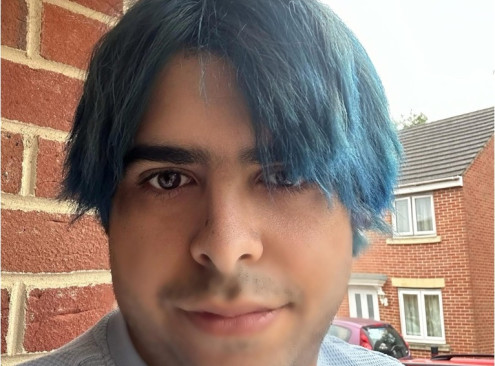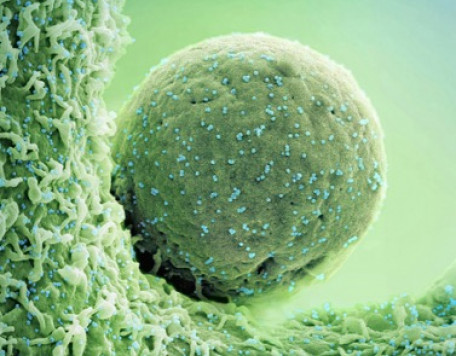© Pint of Science, 2025. All rights reserved.
In this event, we’ll explore two fascinating frontiers of biomedical research. First, discover how Ella is using organoids—tiny 3D models of human organs—to study Barrett’s oesophagus, a precursor to oesophageal cancer. Then, dive into the world of bacteria, where losing a key gene doesn’t always mean game over. Using cutting-edge genome sequencing, Mitch will show you how microbes adapt, evolve, and survive in surprising ways.
Photo Credit: Jess Loiterton on Pexels.com
Photo Credit: Jess Loiterton on Pexels.com
Organoids: A New Model for Disease?
Ella Rimmer
(PhD Student, Life Sciences, University of Bath)
You may have heard of HeLa cells, and when you think of research you may think of cells in a Petri dish, but how is research into diseases like cancer changing? Organoids are small 3D replicas of organs that can be used to interrogate new drugs, disease mechanisms, and more, all in a more physiologically relevant system than cells in a dish. In this talk, I will outline the work I have done developing and using an organoid based system to investigate the development of Barrett's oesophagus, the precursor to oesophageal cancer.

What Do We Do? We Swim, Swim, Swim
Mitch Reynolds
(PhD Student, Life Sciences, University of Bath)
When the gene which controls swimming in bacteria is lost, it has been found that this function can be recovered by using another similar gene. The movement is slower, but oftentimes, can be improved by changing the new gene to make it more suitable. This has been studied in depth in one bacterium, but can this also happen in others? This is what I intend to find out. Furthermore, can the same phenomenon be observed when other genes are lost? For example, a gene which is responsible for iron intake is lost, so can another gene restore this function? When visible evidence of this occurring is identified, the evolved bacteria is collected, and a series of tests to assess fitness, as well as determine what has happened are carried out. One such test is genome sequencing, which I perform using the newest technology: Oxford Nanopore sequencing.

Map data © OpenStreetMap contributors.
Other The Bath Brew House events
2025-05-20
Oops, I Healed It Again: Autoimmunity and Smarter Healing Tools
The Bath Brew House
14 James Street West, Bath, BA1 2BX, United Kingdom
2025-05-21
Magnificent Muscles and Their Performance at the Limit
The Bath Brew House
14 James Street West, Bath, BA1 2BX, United Kingdom



